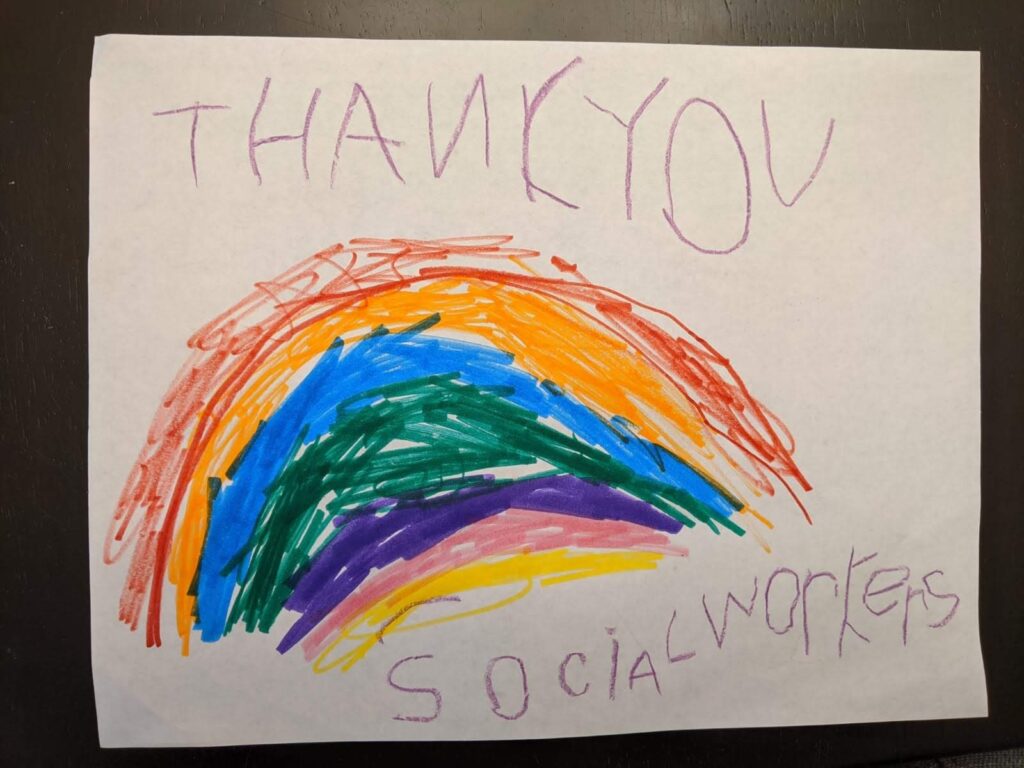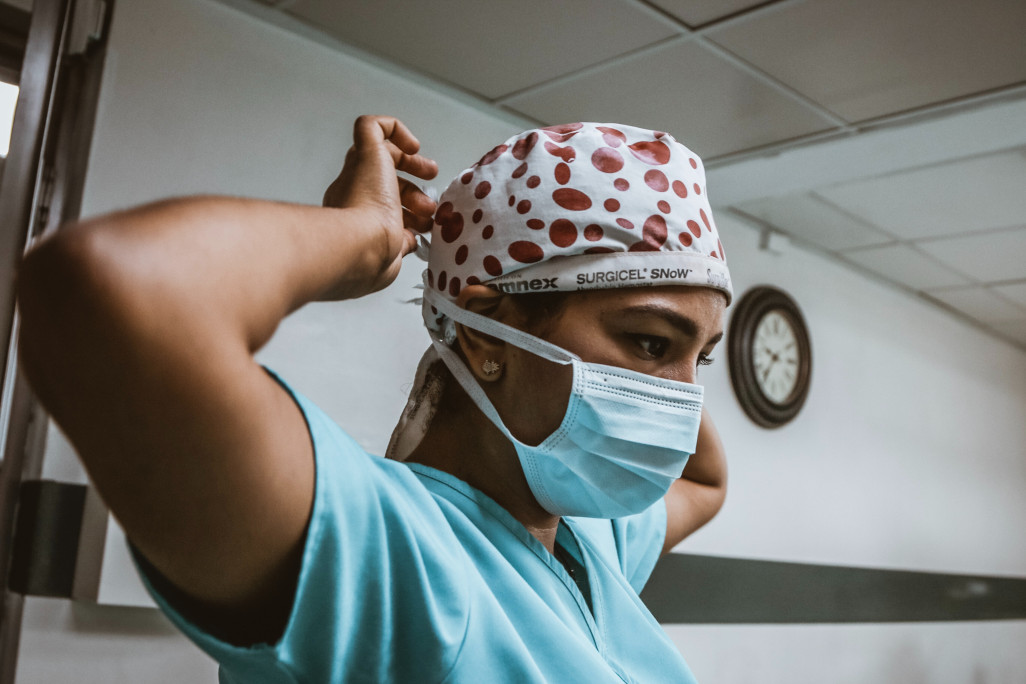March 2023 marked three years since the onset of the COVID-19 pandemic, which has led many of us to reflect on how drastically our lives were altered. However, there is another date that will forever be etched in my memories of COVID-19. On June 24, 2020, Toronto exited its first lockdown. For many, this date signified an end to the trauma of lockdown, bringing hope for a return to normalcy. Yet, wave after wave, we were never provided the chance to process the trauma around us.
I remember the eerie feeling of driving to work at 6:00 AM with almost no cars on the road. I changed into scrubs and put on a surgical cap and running shoes. I no longer looked forward to going home at the end of my workday. The process of driving home, immediately changing clothes and taking a shower before allowing my husband and children near me because I feared infecting them was physically and mentally exhausting.
Like many healthcare workers, my life was completely turned upside down during the pandemic. As a Social Worker assigned to the COVID-19 unit at an urban Toronto hospital, I came face-to-face with the pandemic. My home life was thrown into disarray, with my two young children suddenly forced to stay home while my husband attempted to balance working from home with child care.

There was no shortage of gratitude to front-line workers during those first few months of the pandemic. We were called heroes for providing essential services, risking our lives, and making personal sacrifices. From video tributes to applause on the street to free meals and priority accommodations, front-line workers were made to feel exceptional. However, as pandemic fatigue settled in, gratitude and appreciation waned as the world attempted to move on from something that was still happening. As those of us that have lost someone close to them can attest to, the hardest days and weeks are the ones after the funeral is over, as the world carries on while you are left to grieve alone.
As COVID-19 never really ended, many front-line workers have not addressed its trauma. There is a misconception that trauma is usually the result of one major, isolated event. While the trauma that is brought on by a singular event is much more recognizable, trauma that accumulates over months and years can be just as damaging and impactful. The emotional and physical toll of suffering and loss, long hours of work, and the fear of contracting and transmitting the virus to loved ones can all contribute to post-traumatic stress disorder (PTSD), anxiety, and depression. Hearing and witnessing the traumatic experiences of others, also known as vicarious trauma, can have a profound impact on mental well-being.
It is important to recognize that feelings brought on by cumulative and vicarious trauma are real. Here are six strategies to cope with cumulative and vicarious trauma:
- Self-care: Prioritize self-care activities to maintain emotional and physical well-being. These can include getting enough rest, spending time with loved ones, and participating in hobbies.
- Set boundaries: Limit your exposure to distressing news or situations that trigger traumatic responses. Be mindful of your own emotional capacity.
- Practice mindfulness: Engage in mindfulness techniques to ground yourself and manage overwhelming emotions. Mindfulness techniques include breathing exercises and meditation.
- Educate yourself: Learn about trauma and its effects. Understanding the psychological and physiological aspects of trauma can help you make sense of your experiences. A psychotherapist can provide guidance and support your healing journey.
- Self-reflection: Reflect on your own emotional and physical state to recognize signs of distress or burnout.
- Seek professional help: A psychotherapist can provide guidance and support to navigate the effects of vicarious and cumulative trauma.
While the world may have seemed to have moved on from COVID-19, it is important that those of us that continue to harbour anxiety, stress, and grief take time to reflect and process those feelings to heal and move forward.

